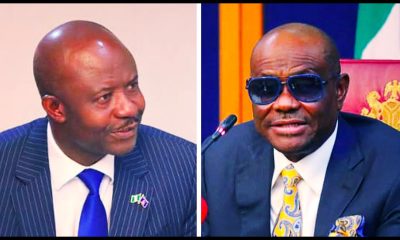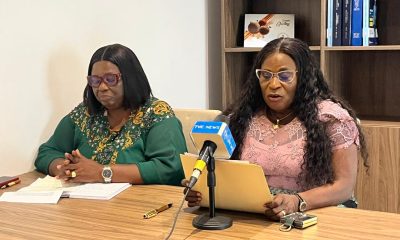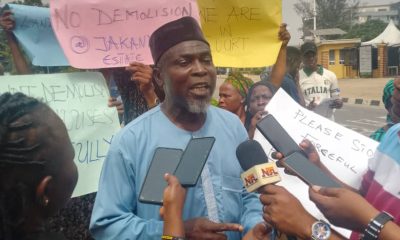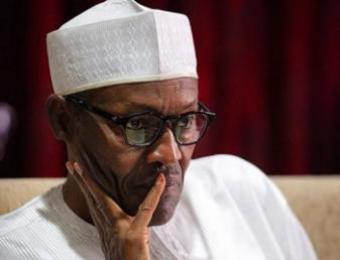The Federal Government has stated that the Federal Ministry of Justice is committed to pursuing the amendment of the Cybercrimes Act, which many lawyers, journalists and activists have considered repressive, unconstitutional and illegal.
This was revealed by Terlumun George yendezwa, Head, Cybercrimes Prosecution Unit, Federal Ministry of Justice, at a Media Interactive Session on the ‘Constitutionality and Legality of the Cybercrimes Act in Nigeria’, organized by the Socio-Economic Rights and Accountability Project (SERAP) in collaboration with the National Endowment for Democracy (NED), USA, on Tuesday. .
At the Media Interactive Session held in Ikeja, Lagos,. Tyendezwa acknowledged that, “The Cybercrimes Act is not perfect;” noting: “One of the reasons I am here is that I have an open door, we want to engage on the Act. We are interested in engaging with all stakeholders in the Justice sector. Whatever is not useful, we can seek amendment on this. From the point of passage, we as the operators knew that there were things that need to change. We are presently collating memoranda on amendment of the Act. But amendment takes time and cost money.”
He also said: “We know the importance of law as a social driver. The office of the Attorney General of the Federation and Minister of Justice continues to place high value on entrenched fundamental human rights and engaging with all stakeholders on the Cybercrimes Act is one of our approaches.”
ALSO READ: Akinjide’s trial: EFCC wants case transferred back to previous judge
Earlier at the meeting, a group of lawyers, journalists, activists and other stakeholders unanimously protested that the Cybercrimes Act is “repressive, oppressive and unconstitutional;” demanding that “the Act should immediately be repealed or dropped, as many of its provisions blatantly offend the rights to freedom of expression, association and media freedom.”
The group also called on the next Attorney General of the Federation and Minister of Justice to “prioritize challenging in court the constitutionality and legality of the Cybercrime Act, which is antithetical to respect for freedom of expression including online and the government’s commitment to fight grand corruption.”
Participants at the interactive session included: representatives of the Premium Times Centre for Investigative Journalism (PTCIJ), National Human Rights Commission, Amnesty International, Wole Soyinka Center for Investigative Journalism, Media Rights Agenda, the German Consulate, Director General of the National Orientation Agency.
Others included: Terlumun George Federal Ministry of Justice, Cybercrimes Act, Nurudeen Ogbara former Chairman Nigerian Bar Association, Ikorodu, Folake Falana, Malachy Ugwummadu, President, Committee For the Defence of Human Rights (CDHR) and representatives of BudgIT, CODE, Heda Resources, Enough is Enough Nigeria (EiE), Cleen Foundation, Federal Civil Service Pension, Community Life Project, journalists, lawyers, activists and other stakeholders.

 Health1 week ago
Health1 week ago
 Latest1 week ago
Latest1 week ago
 Football1 week ago
Football1 week ago
 Health7 days ago
Health7 days ago
 Latest1 week ago
Latest1 week ago
 Latest6 days ago
Latest6 days ago
 Latest1 week ago
Latest1 week ago
 News6 days ago
News6 days ago






